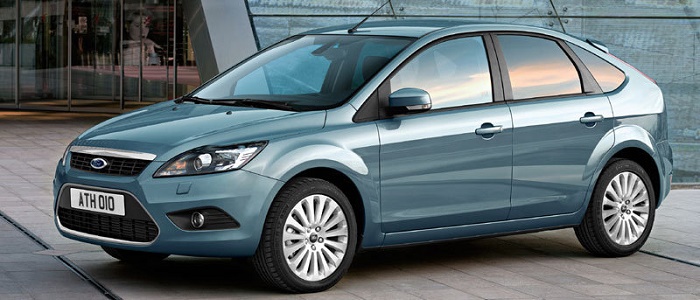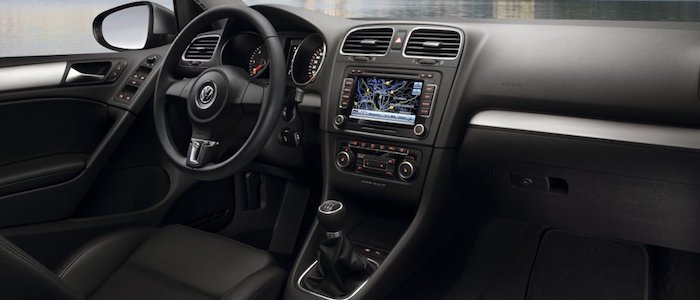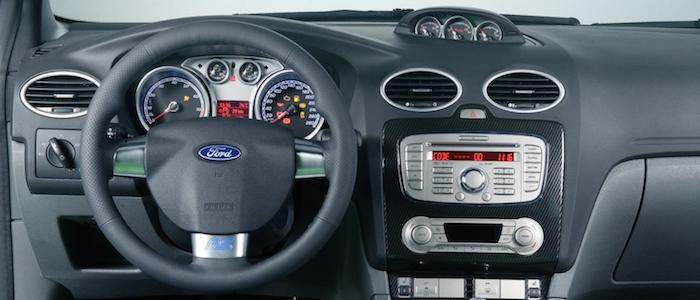Compare two cars
Compare any two cars and get our Virtual Adviser™ opinion
Dimensons & Outlines
Check a car by its VIN number
Engine
2.0 DW10 BTED4 / RHR
Performance (manual gearbox)
Performance (automatic gearbox)
Expenses
Virtual Adviser's™ opinion
Well, these are two pretty similar cars we have here! It's only details that could potentially make the difference. Considering they both belong to the small family car segment and utilize the same 5-door hatchback body style and the front wheel drive system, it all comes up to the specific diesel engine choice they offer. The first one has a Volkswagen-engineered powertrain under the hood, a 4-cylinder, 8-valves 140hp unit, while the other one gets its power and torque from a 4-cylinder, 16-valves 136hp engine designed by Peugeot.
SafetyThe first thing to look into here would be the results from European New Car Assessment Programme (Euro NCAP) tests performed on the two cars. Good thing is that both vehicles got tested, with the same number of safety stars gained in the process. Moving further on, let's take a closer look at some additional safety-related facts. Both vehicles belong to the small family car segment, which is generally classifying them somewhere in the middle safety-wise, but that fact doesn't break the tie between the two cars. On the other hand, when it comes to weight, a factor that most people underestimate, the American car offers a marginal difference of 2% more metal.
ReliabilityI don't like generalizing things when it comes to reliability, although it does seem that Ford does have a slight advantage, when all the models are taken into account. These are the official statistics, while our visitors describe reliability of Volkswagen with an average rating of 4.2, and models under the Ford badge with 4.4 out of 5. The same official information place Golf as average reliability-wise, and Focus is more or less at the same level.We should definitely mention that owners of cars with the same powertrain as the German car rank it on average as 4.4, while the one under the competitor's bonnet gets 4.3 out of 5.
Performance & Fuel economyBoth of the cars accelerate exactly the same, so we couldn't put one above the other. Car No. 1 reaches top speed of 203 kilometers per hour, 7km/h more than the other car. When it comes to fuel economy the winner has to be the German car, averaging around 4.3 liters of fuel per 100 kilometers (66 mpg), in combined cycle. We can't ignore that 28% difference compared to the American car.
Verdict
Ford appears just a bit more reliable, although the difference is truly marginal. The most important thing when deciding between any two vehicles should always be safety, both passive and active. In my opinion, everything taken into account, the American car offers slightly better overall protection and takes the lead. From there things take a different direction, with Volkswagen offering somewhat better performance, just enough to call it quicker. To make things even better, it consumps less fuel! It's not difficult to say then that if I'd need to make a choice, it would definitely be the Volkswagen. Nevertheless, let's not forget that people have different preferences and needs, so what really counts is your personal feel. I'm only here to help. Also, you could use the oportunity to find out which car, everything taken into account, would be the perfect choice for you in the eyes of the virtual adviser™, among thousands of similar, yet so different vehicles.
Related articles
Searching for a high quality used car can be hard. Whether you have recently gotten your license and are looking for your first car, or you just want to downgrade to a cheaper model, a used car could be just the thing you are looking for. But how do you know what to buy...
Back in the 80's it was virtually impossible to describe any Volvo car without using insanely high number of superlatives. The MOST safe, the MOST reliable, the MOST comfortable... Still, they were puzzled on how to reach to a young drivers' hearts, creating the MOST interesting...





































